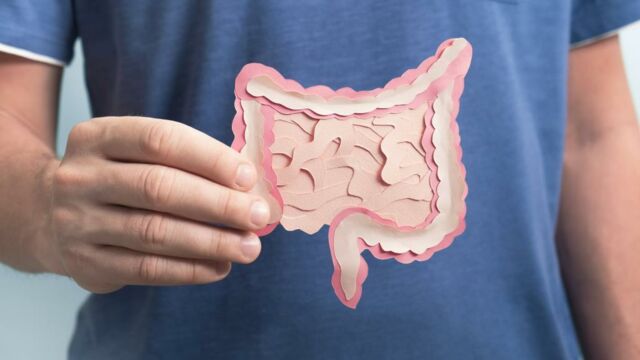Digestion can have very important ramifications for our overall health and not to mention, our general quality of life. So it is important to know more about it.
Discover our latest podcast
Doing activities such as exercising without properly digesting food can be uncomfortable, while eating foods that our body does not digest well can even lead to health problems beyond just general discomfort.
How long does digestion take?
According to Insider’s report, while the easy answer to this question is that digestion takes anywhere from four to six hours, there is a lot more than this to be considered.
First of all, women digest food slower than men and also have more propensity to certain digestive conditions such as irritable and inflammatory bowel syndrome.

Secondly, as we start getting older, our digestive system starts getting slower. And lastly, the foods that you consume have a very big impact on the functioning of your body’s digestive system.
After the digestive process is completed, the food waste stays in the body for about 36 hours in the large intestine until it is expelled.
Which foods aids digestion?
The following are some ways to ensure that your digestive system works as it should. The National Health Service (NHS) recommends dietary intake of 30g of fibre a day in order to ensure that your body’s digestive system is up and running properly. A fibre rich diet prevents constipation.

The NHS recommends the following foods as sources of fibre:
- wholemeal bread
- brown rice
- fruit and veg
- beans
- oats
The NHS also recommends drinking plenty of water, which also helps to soften poo. Probiotics are another way to aid the gut. They also help in preventing many digestive issues including irritable bowel syndrome and traveller's diarrhoea.
You should also be aware if your body reacts to certain foods. For example, acidic foods such as tomatoes and citrus fruits cause indigestion in some people. And, there are many people who find it difficult to digest lactose. It is therefore important to recognise these foods and stay away from them.
Disclaimer: The contents of this article: text, graphics, images, and other materials contained, are strictly for informational purposes only. The content is not intended to be used as a substitute for professional medical diagnosis, advice, or treatment. Please always seek the advice of a qualified health provider with all the questions that you have related to, or about, a medical condition.
Read more:
⋙ Are you over-eating or binge-eating? The difference is key for sound mental health
⋙ Ice cream healthier than multigrain bagel: New study reveals surprising results
⋙ Here’s how low vitamin D affects your body and health and what you can do about it















